What is compounding pharmacy?
Traditional Compounding
In traditional compounding, a pharmacist creates a customized medication, most often from an active pharmaceutical ingredient, for an individual patient based on a prescription from a licensed provider. Pharmacists’ ability to compound medications from pure ingredients is authorized in federal law and FDA guidance in two circumstances:
Appropriateness
Manufactured drugs don’t come in strengths and dosage forms appropriate for everyone, and providers must be able to prescribe a customized medication when a commercially available FDA-approved drug does not come in a dosage form, strength, or combination the provider judges right for a particular patient.
Accessibility
To assure continuity of patient care during a drug shortage, providers may prescribe a compounded version of an FDA-approved drug when the FDA-approved drug appears on the FDA Drug Shortages list.
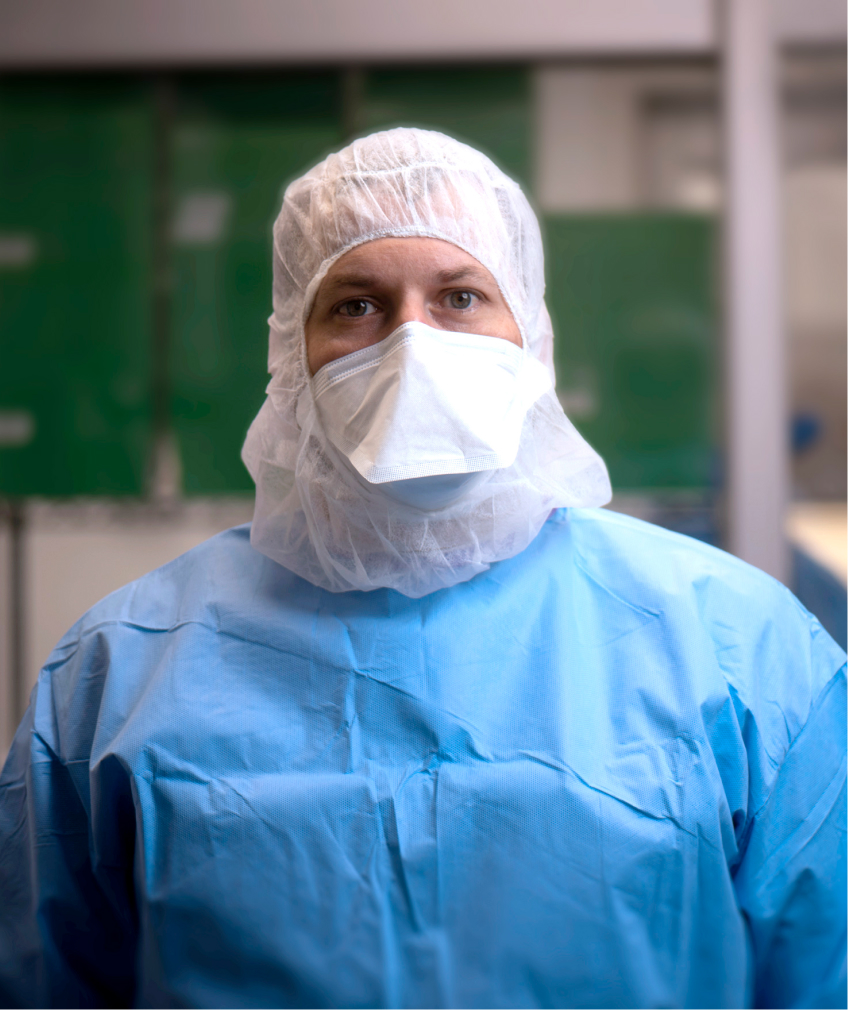
“I switched to compounded hormones to get much more precise and customized treatment for post-menopausal symptoms. Pharmaceutical solutions are generic designed for a broad population. They are typically a single formula, meaning to get as precise a dose, I would need multiple prescriptions. In addition, using a cream is far less invasive and more effective. Please do not stand in between a woman and her doctor by limiting these critical compounded formulations.”
KAREN B. / Pewaukee, WI
Working with a prescriber, a compounding pharmacist can prepare customized medications that meet the individual needs of children, adults, and animals:
- When the patient is allergic to certain preservatives, dyes, or binders in available off-the-shelf medications.
- When treatment requires tailored dosage strengths or delivery forms.
- When combining several medications can increase adherence.
- When a patient cannot ingest the medication in its commercially available form.
- When medications require flavor additives to make them more palatable for patients.
- When a manufactured drug is listed as “currently in shortage” by FDA.
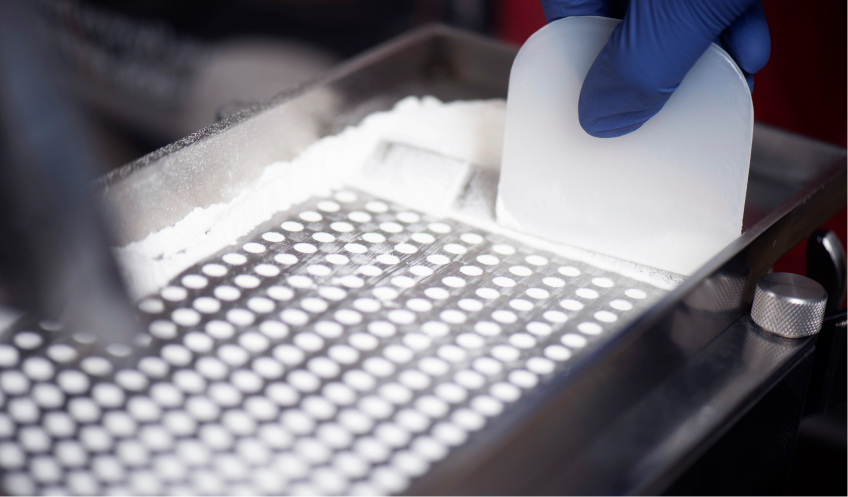
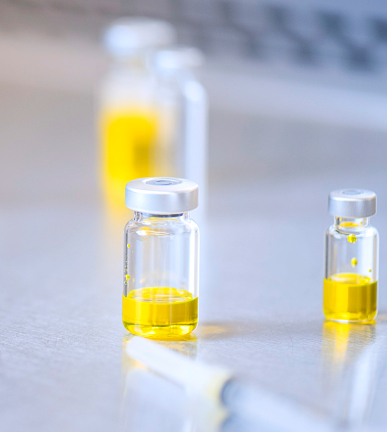
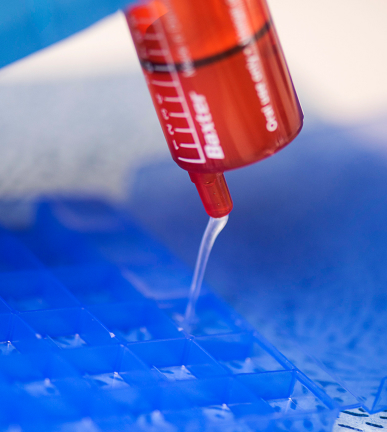
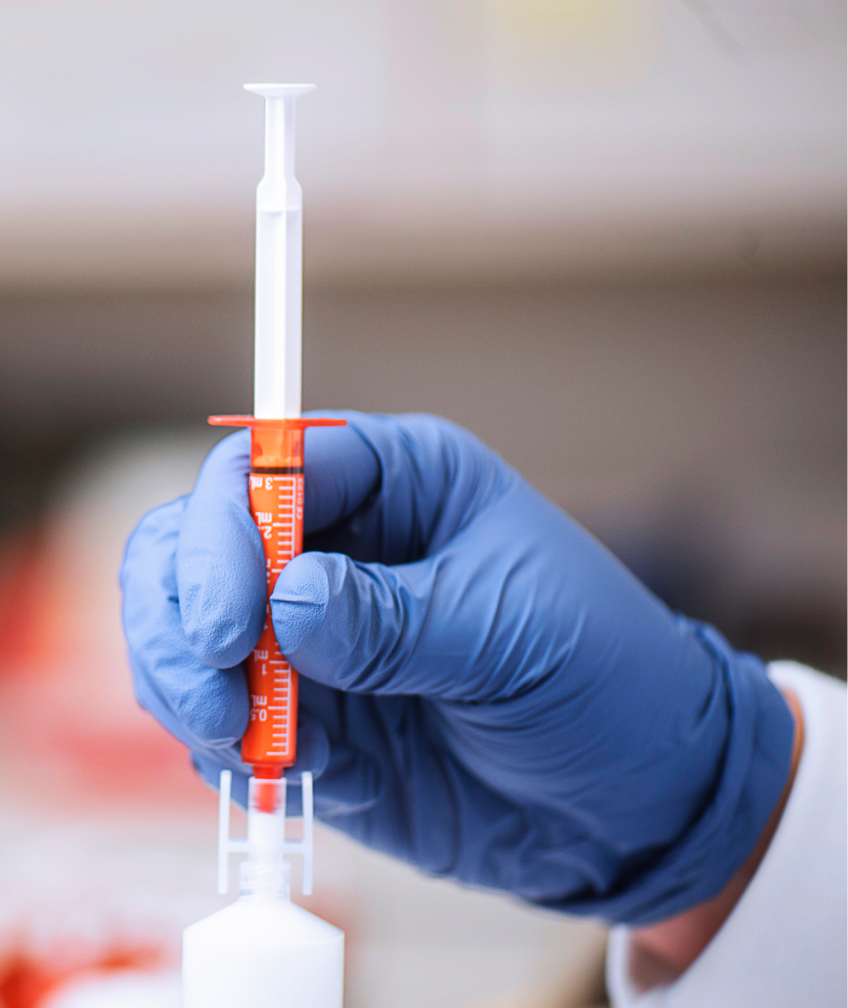
Outsourcing Facilities
Compounded medications are also prepared by entities known as outsourcing facilities. These compounding pharmacies typically make medicines in bulk for hospitals and clinics. Outsourcing facilities must adhere to manufacturing standards called Current Good Manufacturing Practices, which are much like those that govern manufacturers of FDA-approved drugs. As a result, federal law allows outsourcing facilities to prepare much larger batches of compounded drugs without a patient-specific prescription and to distribute those medicines to hospitals and clinics for administration in-clinic by a physician or other provider.
That’s an important distinction between traditional and outsourcing pharmacies: Traditional compounding pharmacies dispense compounded drugs pursuant to a prescription. Outsourcing facilities distribute compounded drugs to health care facilities without the need for a patient-specific prescription. Given the prevalence of drug shortages today, many American hospitals and clinics rely on compounded drugs prepared by outsourcing facilities to preserve the lives of patients they serve. Outsourcing facilities differ from traditional compounding pharmacies in that they:
- Can source compounded drugs in bulk to hospitals and physician specialists and clinics without a patient-specific prescription.
- Must comply with current good manufacturing practice (CGMP) requirements.
- Are inspected by FDA according to a risk-based schedule.
- Must meet certain other conditions such as reporting adverse events and providing FDA with certain information about the products they compound.
For generations, pharmacy compounders have filled a critical need in America’s healthcare system – and played a crucial role in patients’ lives – by preparing essential, bespoke medications for a range of health conditions. Those include (but certainly aren’t limited to) autism, autoimmune disorders, dermatology, oncology, ophthalmology, podiatry, pediatrics, women’s and men’s health, and animal health.
Lorem Ispsum Another CTA to find a pharmacy or similar directive associated with page content.
Lorem Ipsum Dolar
Because you may not always have a local option that’s able to make your specific compound, some compounding pharmacies are licensed in many different states — so they may be able to ship medication to you.


